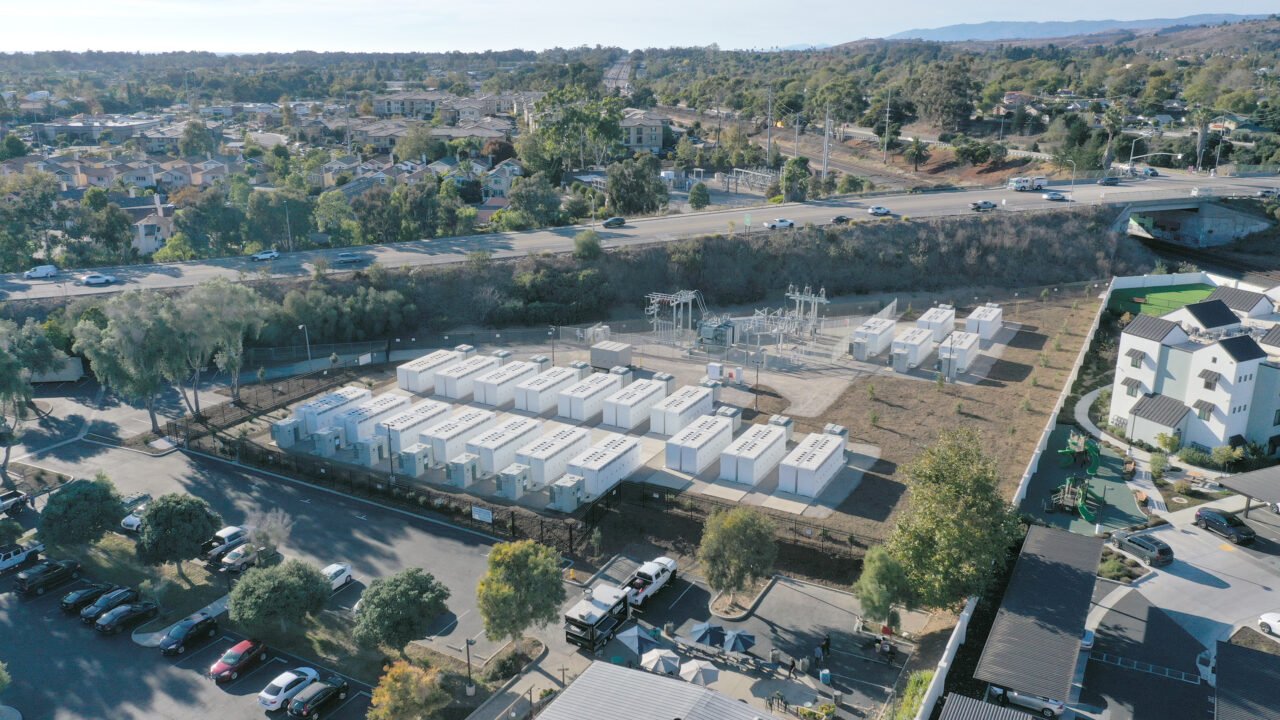
Transferability for clean energy tax credits was brought in under the Inflation Reduction Act to simplify the form of investment and open it up beyond the handful of large banks that have previously dominated the tax credit investment space. Buyers can directly buy the credits associated with a project, avoiding the need to form complicated structures to avail of those credits via tax equity investment.
‘Not a simple process’
Firstly, the process is still complex: “Transferability is more straightforward than traditional tax equity but it is still not a simple process by any means. There’s still a lot of documentation and considerations to go through,” he said.
As he explained, transferability also has a few downsides. Transferability deals carry with them something called ‘recapture risk’, where a tax credit may be invalidated because of a mistake in the quantity or calculation within five years after the project’s commercial operation date.
“The buyer of the tax credit therefore really wants to be indemnified against that risk, so there are specific agreements and the option for insurance around that,” Burkhartsmeyer said. That can also affect the pricing of a tax credit deal, i.e. how many cents buyers pay on the dollar for a tax credit.
Transfer deals also mean that tax credit buyers give up the tax benefits of project depreciation over time, relative to the proportion of the project’s cost the tax credit covers (30% at the basic rate if wage criteria are met, up to 60-70% if all ‘adders’ including domestic content are met).
Because depreciation is accounted for as an annual expense, becoming an equity partner in the project via traditional tax equity structures would give them that benefit, whereas buying the ITC upfront does not.
The Goleta project used Tesla Megapacks, which may also qualify for the 10% domestic content adder to the ITC since the units are manufactured at the electric vehicle (EV) and energy storage firm’s Lathrop, California, facility.
However, as Energy-Storage.news has written frequently, further clarity on how to qualify for the domestic content adder is still needed by the industry.
The transferability market has taken off much faster than many expected according to tax credit transfer market ecosystem platform Crux, whose CEO Alfred Johnson discussed the market in a recent interview with Energy-Storage.news.
The firm’s data shows that energy storage ITCs were priced higher than any other tax credit at 94 cents on the dollar versus 89-93.4 cents for other types, although this was also because the projects were larger in size than other types which would also drive the price up, Johnson said.
Gridstor was formed in 2022 with funding from Goldman Sach’s Horizon Energy Storage fund and has acquired large project/project portfolios in California and ERCOT, Texas.


